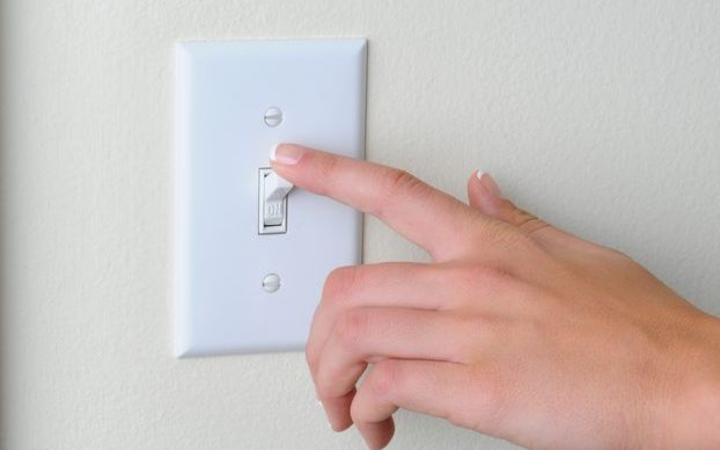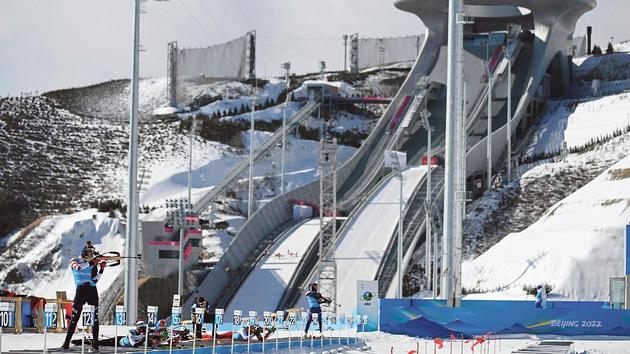

Photo: Bloomberg
As inflation in The US is now growing faster 6.8% in November on an annual basis than when and for the past four decades, economists have debated which group suffers more than it – the poor or the rich. This kind of economy-wide question is not easy to answer, especially when inflation has been so low in recent years and hard data is scarce. It is also unclear exactly how to compare the losses for the poor with the losses for the richer groups. However, arguments suggest that the poor are likely to suffer a blow, Tyler Cowen, a professor of economics at George Mason University in Virginia, told Bloomberg.
: The poor are the socio-economic group that has the hardest time buying a home, and real estate seems to be one of the best inflation hedges. Real estate prices in the US have been rising for some time, including during the last inflation period.
Rents are rising rapidly due to a combination of growing demand and limited supply. The biggest losers will be the poor. And if poorer people try to live somewhere relatively prosperous, perhaps to ensure future economic mobility for themselves and their children, rising rents will eat up a significant portion of their income.
Another asset class that has grown in value recently is crypto. There is no reliable data on who buys cryptocurrencies, but the poor seem to be underrepresented here as well, if only because they have less disposable income.
Rising prices of cryptocurrencies is mainly due to factors related to current retail price inflation, but a more general point is in force: the poor hold a disproportionately large share of their assets in cash, which has no potential for appreciation and is severely affected in inflationary times.
The poor also save less, including as a share of their income, because they have to spend a relatively large percentage on basic necessities. This means that they have less buffers against many types of change and uncertainty, including those caused by inflation.
Some researchers call inflation ” regressive consumption tax ‘, as cash is usually the path to consumption for lower-income groups. Poorer people are also less likely to have management accounts and other assets that can partially protect them from inflation losses.
There are however, some compensatory factors suggest that the poor may have some protection against the current rise in inflation. Hotel rooms, new and used cars, rental cars and petrol have become much more expensive, for example, and the poor are less likely to spend on such things.
And here, however, there is ambiguity. The poor buy fewer cars than the rich, but they buy lower quality cars and find it harder to postpone buying a car for a few years if they don’t want to pay the high price now. This is another illustration of the fact that the poor may find it more difficult to adapt to the inflationary environment.
Probably the strongest argument in The benefit of the notion that the poor are less affected by inflation is that it can in some circumstances reduce the real value of debt. If your prices and income rise by 7%, suddenly your debts – which are usually fixed at face value – cost 7% less.
This mechanism is powerful, but assumes that real wages are in line with inflation. At the moment, however, they are falling and with even higher inflation may continue to decline. In addition, many poor people reschedule their debts for longer periods of time. Repaying them will eventually be cheaper, but not soon.
I focused on the United States, but elsewhere in the world, high inflation and high income inequality they go hand in hand. The correlation between them is not a causal link, but it does not support those who argue that inflation is the path to greater income equality. Has hyperinflation in Venezuela and Zimbabwe helped the poor? And if you ask which group would benefit from the improvement in living standards caused by higher levels of investment that may follow a period of price stability, it is the poor, not the rich.
The effects of inflation are numerous and complex. It cannot be said categorically that inflation harms some income groups more than others. Still, it is clear that inflation is not insignificant for the poor.
Note: This article has been indexed to our site. We do not claim legitimacy, ownership or copyright of any of the content above. To see the article at original source Click Here













